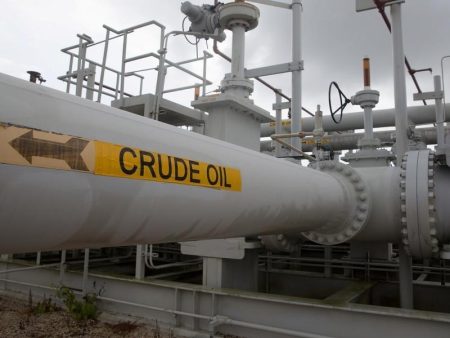DHAKA – Bangladesh and the World Bank have sealed five agreements totaling $1.112 billion to support initiatives that span early childhood development, education, riverbank erosion control, urban healthcare, and energy efficiency. These projects align with the nation’s Eighth Five-Year Plan and its ambition to reach a higher income status by 2041.
The largest of these International Development Association (IDA) programs in Bangladesh, with a total commitment of $16.46 billion across various projects, aims to foster inclusive growth and sustainable development. The collaboration was formalized today by Bangladesh’s Economic Relations Division led by Sharifa Khan and the World Bank represented by Abdoulaye Seck.
The funding is distributed across several critical areas:
- Early childhood development will benefit from a $210 million investment, providing cash transfers and advisory services to approximately 1.7 million disadvantaged mothers and children under four years old.
- Education enhancements are set to receive $300 million, which will be used to integrate digital learning platforms with traditional classroom settings and provide stipends to prevent student dropouts. This investment also includes measures to prevent harassment in schools.
- Riverbank protection efforts along the Jamuna River will be bolstered by a $102 million project that focuses on erosion prevention and maintaining navigable waterways crucial for commerce.
- Urban healthcare services will see substantial improvements through a $200 million initiative aimed at strengthening primary care facilities in major cities such as Dhaka and Chattogram. The program will pay special attention to maternal health services, reaching over a quarter-million women.
- Energy efficiency is targeted with a $300 million endeavor that involves installing over 1.2 million prepaid gas meters in key divisions to optimize usage while significantly reducing greenhouse gas emissions.
These strategic projects are part of the World Bank’s ongoing support to Bangladesh, which has surpassed $40 billion since the country gained independence. The initiatives represent a comprehensive approach to addressing some of the most pressing challenges faced by Bangladesh as it works towards achieving its long-term development goals.
This article was generated with the support of AI and reviewed by an editor. For more information see our T&C.
Read the full article here







